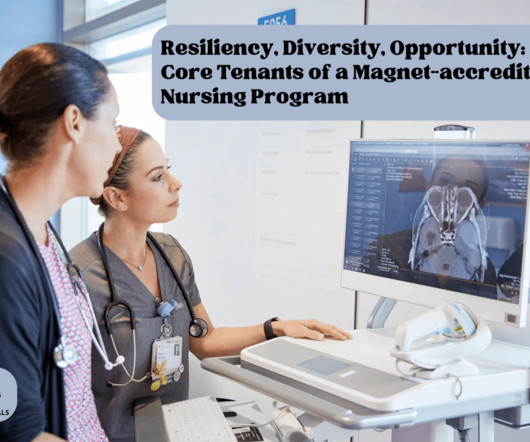How Important Is Continuing Education for Nurses?
Nurse.com
OCTOBER 17, 2022
Eventually knowledge sharing was formalized and is what we think of today when we think of nursing education. Nursing education began in hospital-based programs, but over time and after higher demands for nurses, it moved into formalized academic settings (colleges and universities).













Let's personalize your content